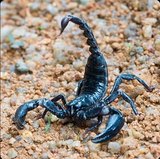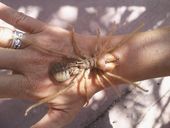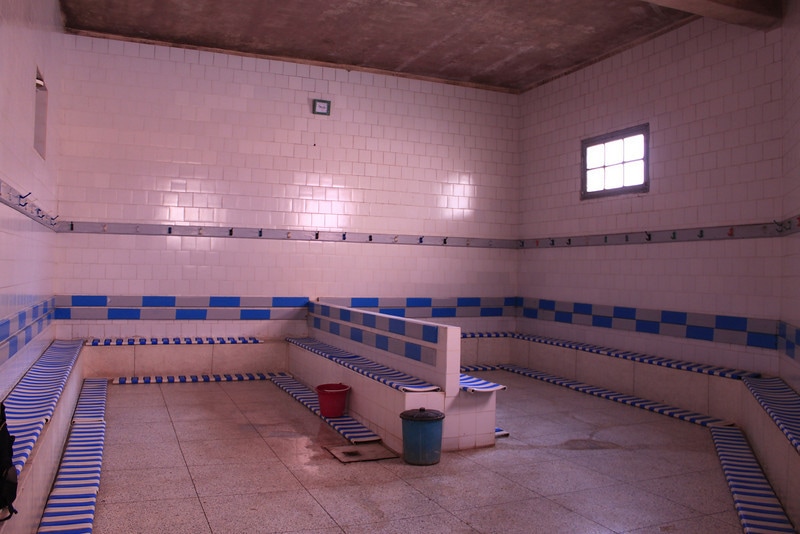|
This page is for all of those small things you've probably heard (and are probably concerned) about your upcoming service in Morocco. Let's cut to the chase:
Most of the rumors are true. |
Photo by Cassandra Broadwin
|
|
The 7mmam
7mmams are public bath houses. Most sites, but not all, have at least one. After stripping down to your underwear, you will take any combination of soap, shampoo, razor, toothbrush, buckets, ladle, and stool, and you will walk through two or three increasingly hotter rooms. In the hottest room you will find a cistern of scalding hot water and one of cold water. Here's where you will fill your buckets. Then, feel free to sit anywhere that isn't upstream or downstream from another bather, and sweat out all the dirt in your pores. You can even get a massage! Specifics of 7mmam etiquette will be covered during your training. Mud & Cinder Blocks
Many houses, particularly in the south and east, are made from mud and straw. These houses have a tendency to drop small pieces of themselves onto everything in your house. This may be annoying, but such houses are much cooler in the summer and warmer in the winter than newer, cement houses. |


